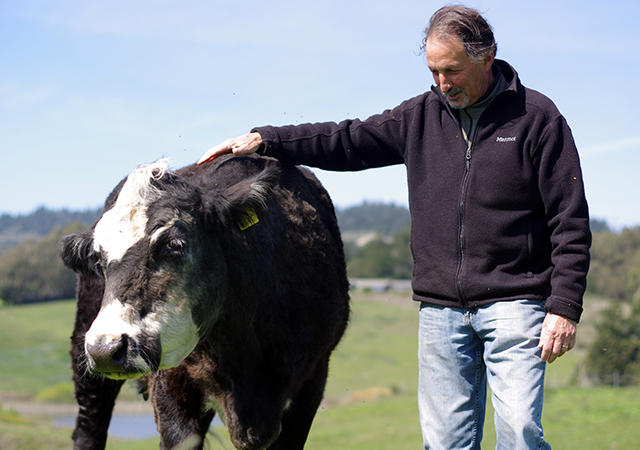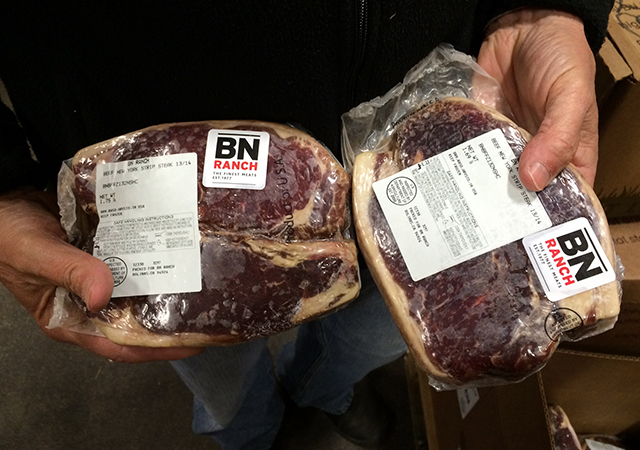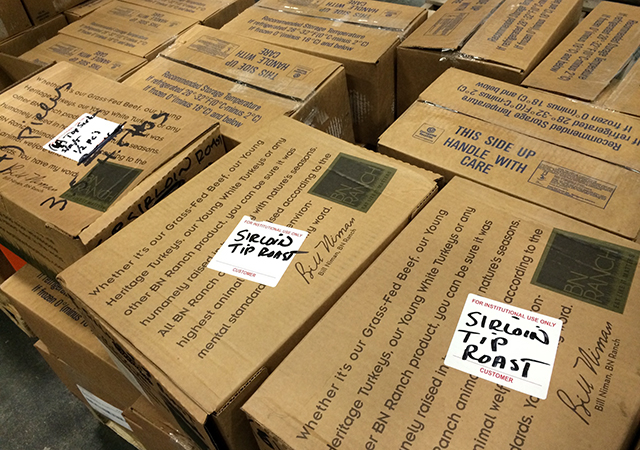
The next chapter in the saga of a troubled Petaluma slaughterhouse opens today as it begins operations under the aegis of Marin Sun Farms, a San Francisco-based boutique meat producer.
Marin Sun is taking over the facility formerly run by Rancho Feeding Corp., which went out of business in February after federal food-safety inspectors ordered it to recall 8.7 million pounds of beef products. The Department of Agriculture said the plant processed diseased and unsound animals without inspectors' approval.
Marin Sun CEO David Evans said during a press conference last week at the Petaluma plant that its operations have been completely overhauled. "Everything has been rewritten, reinspected, reinvested in, with a completely new mission and outlook on how to do business and how to bring product to the Bay Area consumers," Evans said.
But the change in ownership doesn't end the months of upheaval that have afflicted many Bay Area ranchers. They've had to send animals to slaughter to facilities in the Central Valley or on the North Coast. And one respected rancher is facing continuing losses linked to the recall.

At a Bay Area refrigeration facility recently, Bill Niman opened cardboard boxes stacked shoulder-high. He held up premium cuts of meat individually wrapped with his BN Ranch label.
